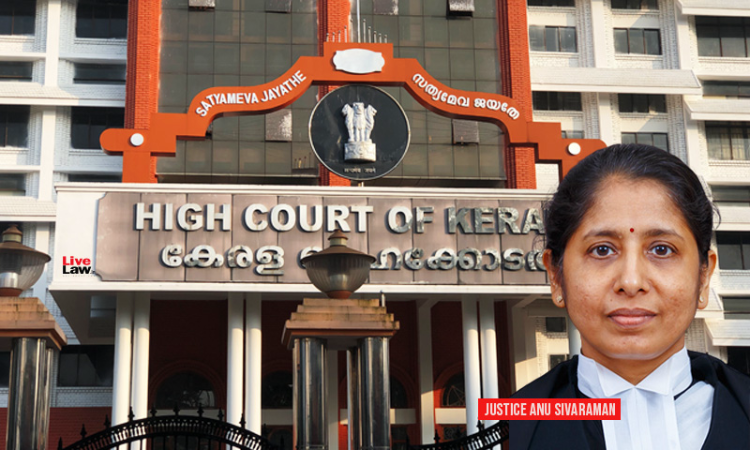The Kerala High Court on Tuesday reiterated that if the Panchayat/ Municipality or any contesting party takes a stand that a land was voluntary surrendered, the burden would be on the said Panchayat/Municipality or contesting party to establish such voluntary surrender.Justice Anu Sivaraman observed that if there is any case of voluntary surrender of any property by the petitioner or...

